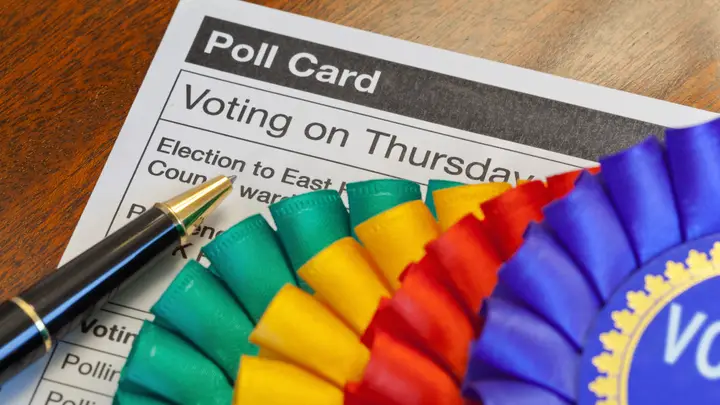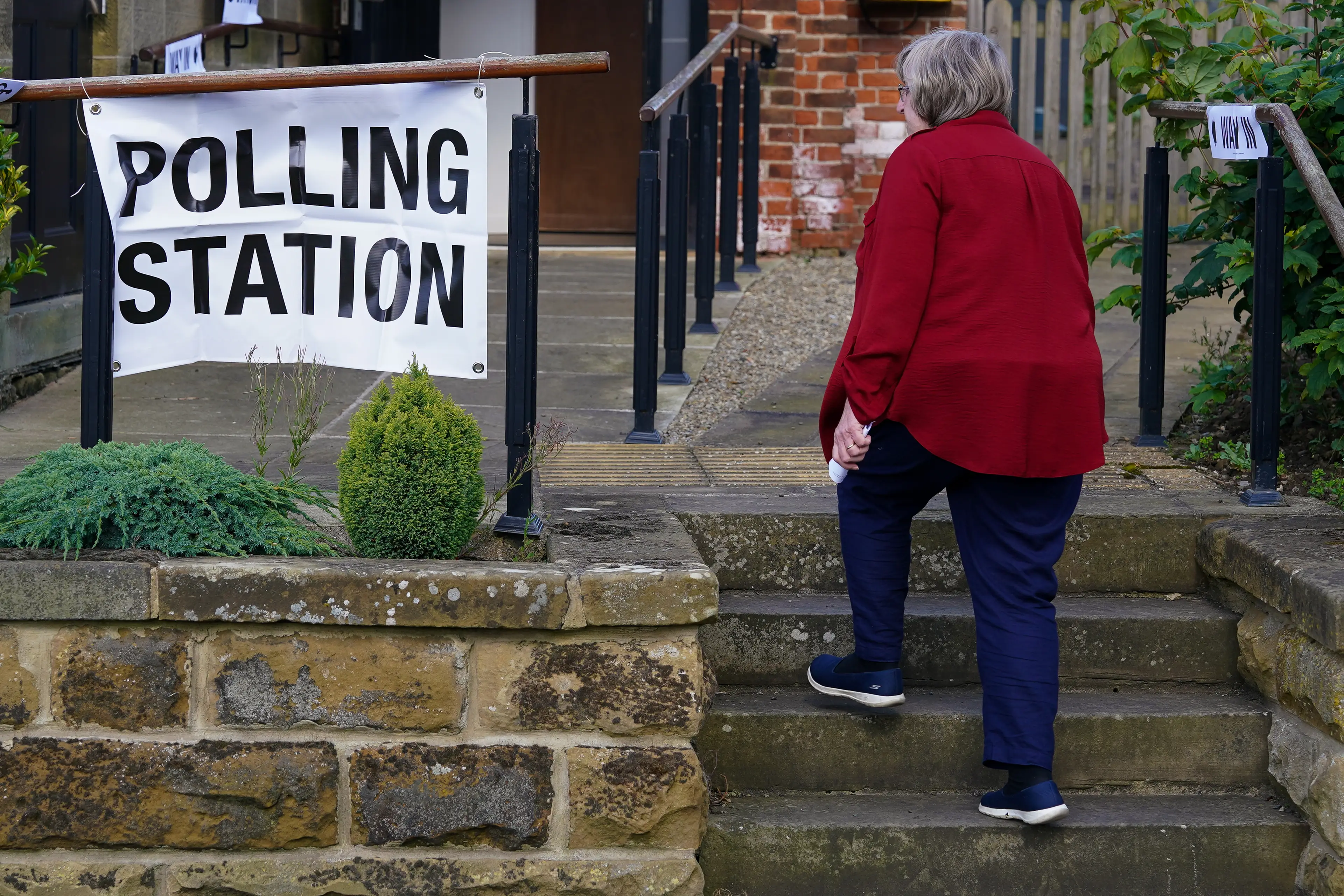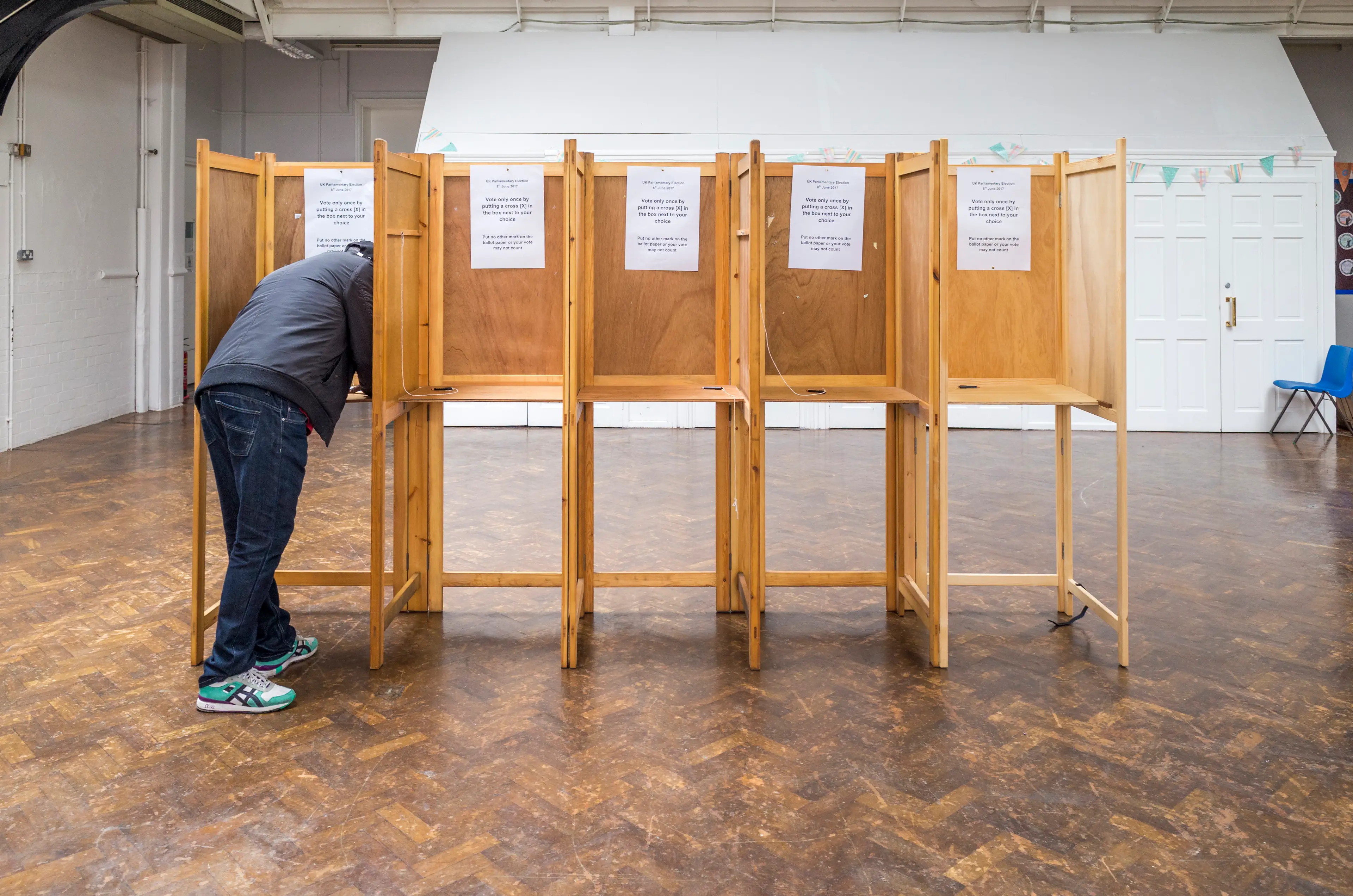
The voting age in the UK will be lowered to 16 before the next general election, it has been announced.
Ministers confirmed the plans to 'modernise our democracy' on Thursday (17 July), explaining that the government hopes it will incentivise youngsters to get more involved in politics.
Currently, Brits must have turned 18 to be able to use their voice and cast a vote - but that's all about to change.
Labour’s manifesto committed to lowering the voting age for parliamentary elections to 16, in line with Scottish and Welsh elections, and Sir Keir Starmer's party is now living up to its promise.
Advert
Rushanara Ali, the minister for democracy, said: "We are modernising our democracy so that it is fit for the 21st century. By reinforcing safeguards against foreign interference, we will strengthen our democratic institutions and protect them for future generations.
"At 16, a young person can work, they pay taxes, they can join the army. So there's no reason why from that age, they shouldn't have a say in who governs our country."
Don't get too excited just yet, though, as these plans have been unveiled in preparation for the next general election in the UK - which is scheduled to take place sometime in August 2029.

But you never know, the next generation might not even have to wait four years to be able to wield their voting power - as in today's world, anything can happen.
Harry Quilter-Pinner, executive director of the IPPR think tank, described the impending changes as 'the biggest reform to our electoral system since 1969', when the voting age was lowered to 18.
He said: "Barely half of people voted in last year’s general election. Our democracy is in crisis, and we risk reaching a tipping point where politics loses its legitimacy. The government has clearly heard these alarm bells."
Arguing that lowering the voting age and introducing automated voter registration could bring 9.5 million more people into the democratic process, he said: "At a time when public trust in politics is at a low ebb, this expansion of our democracy is a vital step toward rebuilding confidence, modernising our institutions and pushing back against the rise of populism."
Deputy Prime Minister Angela Rayner also celebrated the news, saying it would inspire young Brits to become more involved in politics.
"For too long public trust in our democracy has been damaged and faith in our institutions has been allowed to decline," she said. "We are taking action to break down barriers to participation that will ensure more people have the opportunity to engage in UK democracy, supporting our plan for change, and delivering on our manifesto commitment to give 16-year-olds the right to vote."

MPs have also suggested the idea of introducing automated voter registration - which is already used in Australia and Canada - while making UK-issued bank cards an accepted form of ID at polling stations.
The Ministry of Housing, Communities and Local Government said 'far too many people' had been put off voting by the voter ID rules introduced by the previous government.
According to the Electoral Commission, around 750,000 people did not vote due to a lack of ID.
The move also comes amid concerns about the vulnerability of UK politics to donations from overseas, which came to prominence amid reports Elon Musk was considering making a major donation to Reform UK.
Unincorporated associations have long been another concern of transparency campaigners, who have warned they can obscure the real source of political donations.
Under the revised voting rules, there will be tighter restrictions around campaign finance, which will be aimed at barring 'shell companies' from donating to political parties.
The Electoral Commission will be given the power to levy £500,000 fines on those who break the new rules on donations.
Topics: Politics, UK News, Keir Starmer